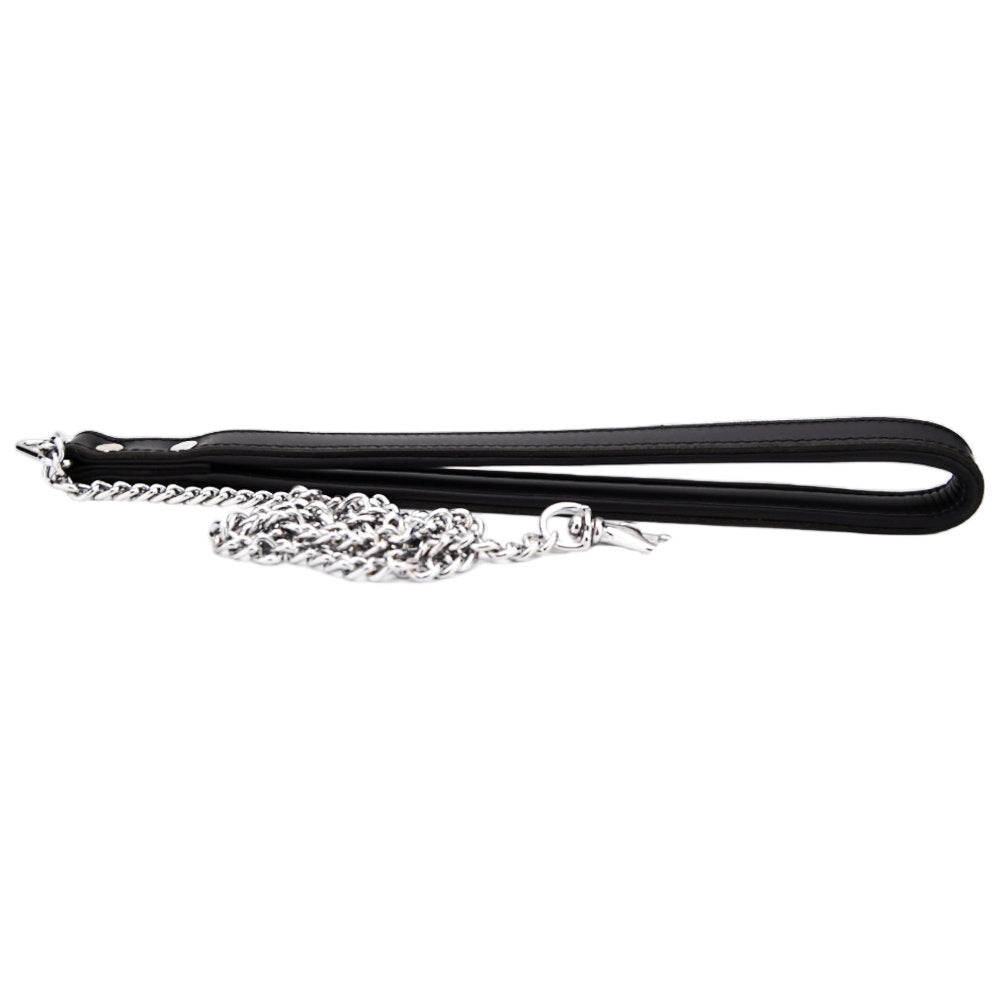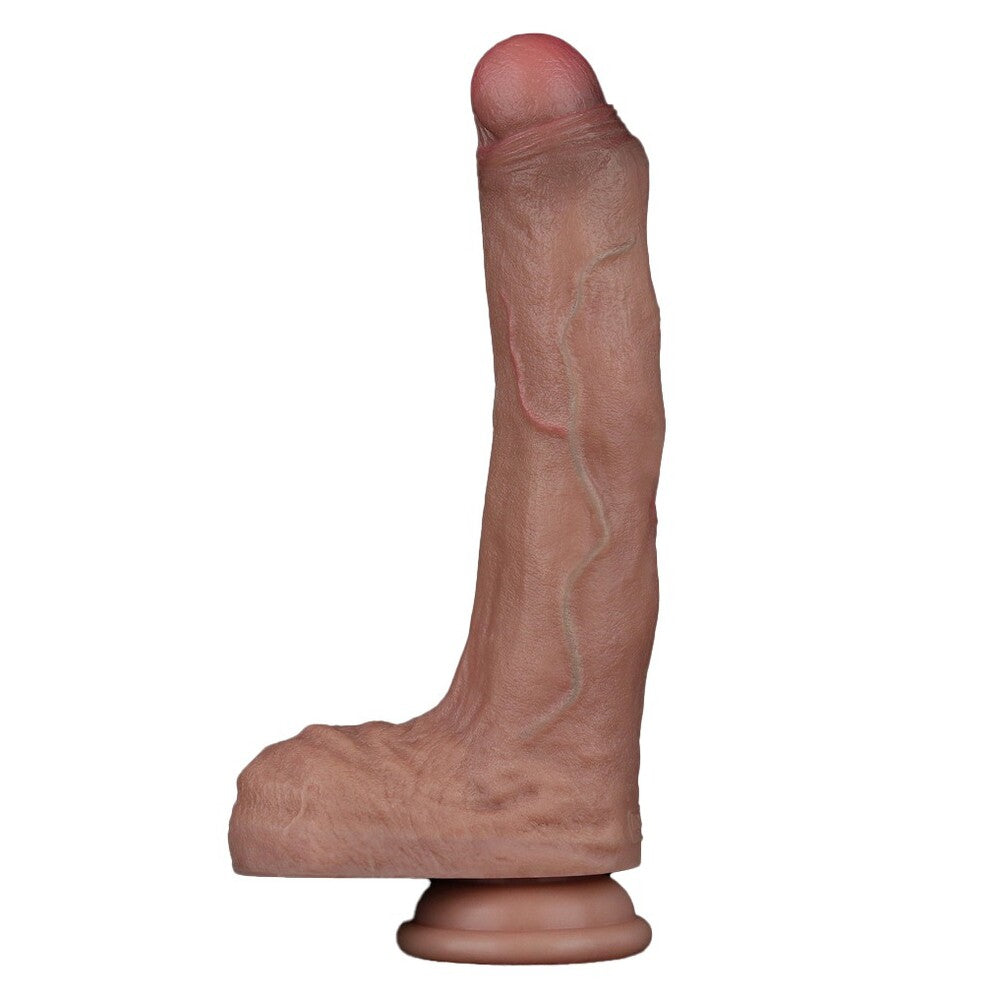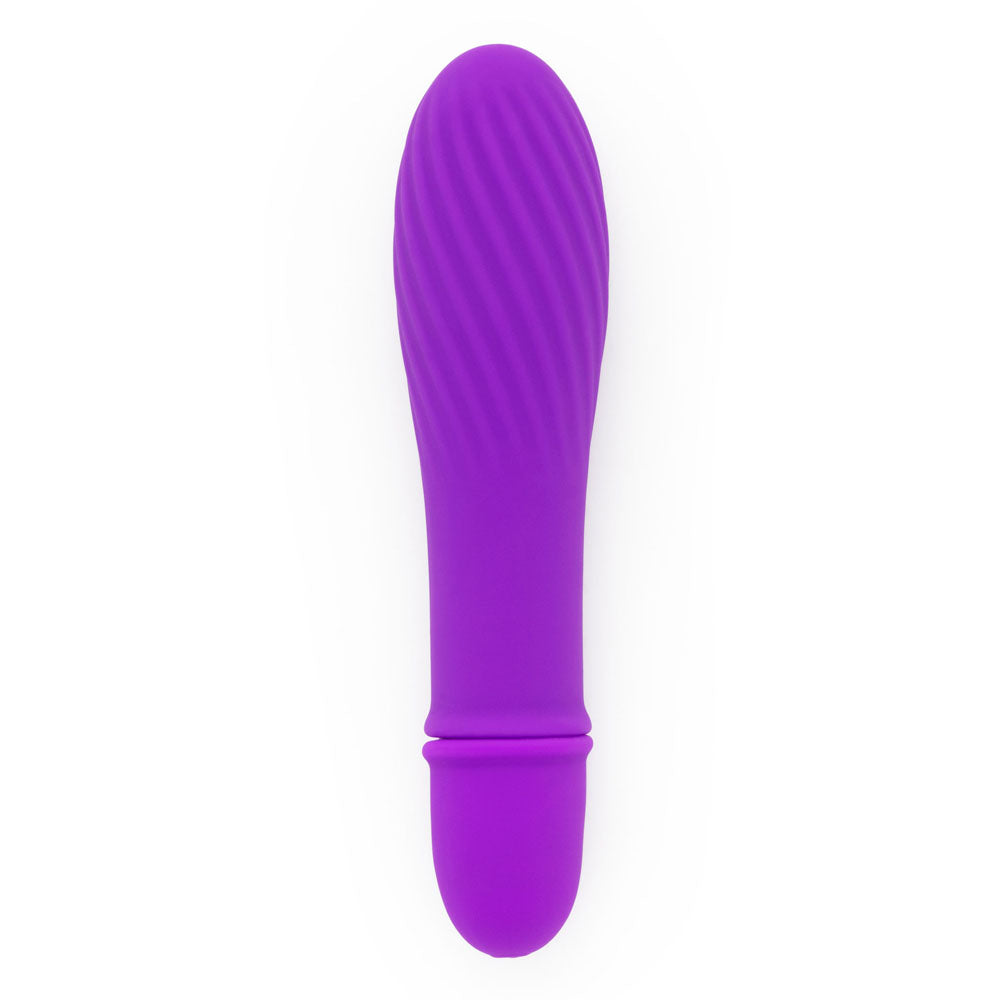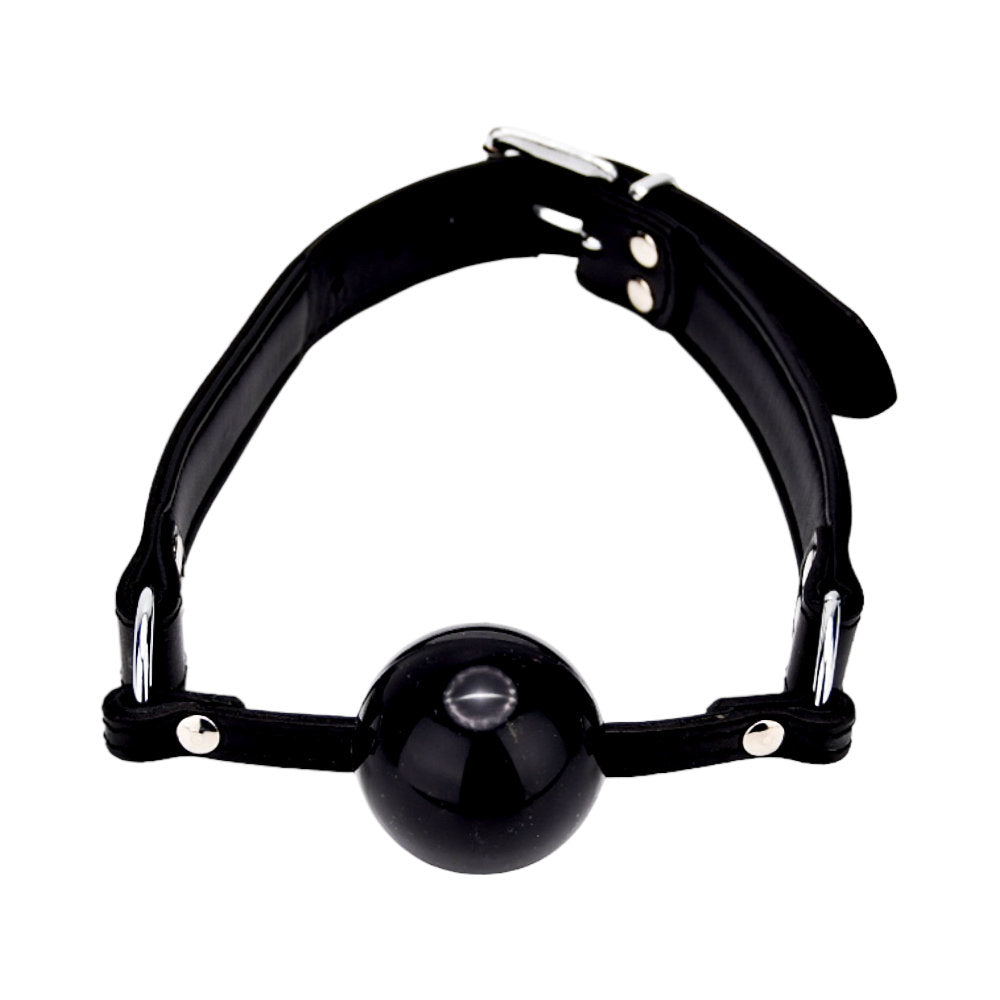Defining Premature Ejaculation
First, it helps to understand what doctors mean by “premature ejaculation.” There are two main categories:
Lifelong PE
- Present since first sexual encounters in adolescence/early adulthood
Acquired PE
- Develops later in life after previously normal ejaculatory control
Doctors also identify PE as either “global” or “situational.” Global means ejaculation happens too quickly with any partner/circumstance. Situational means it only occurs with specific partners or scenarios that induce extra excitement or anxiety.
In medical terms, premature ejaculation involves ejaculating within one minute of penetration on 75%+ of occasions. However, many men consider outcomes under 7-10 minutes unsatisfying. Either way, if you feel you ejaculate earlier than desired, techniques exist to prolong intimacy.
Physical Techniques To Try
Pelvic Floor Exercises
Also known as Kegel exercises, these involve contracting and relaxing the pelvic floor muscles (which support the bladder, bowel and reproductive organs). Stronger pelvic floor muscles give you greater control.
Aim for three sets of 10 repetitions per day. Here’s how:
- Identify the muscles by trying to stop urine mid-stream or by contracting the muscle that lifts the testicles up.
- Contract this muscle without tightening abdominal, leg or buttock muscles. Hold 5 seconds then relax.
- Work up to keeping the muscle contracted for 10 second intervals.
- Focus on the muscle control during sex to suppress urgency.
Start-Stop Method
This trains you to identify your “point of no return” and back off before ejaculating.
- During self-stimulation or sex, stop stimulation when highly aroused.
- Breathe deeply and focus on letting arousal diminish before resuming.
- Repeat starting/stopping 3-4 times before allowing ejaculation.
- Over time, identify your arousal point of no return and learn to stop just before that.
Squeeze Technique
Here, you firmly squeeze your penis to halt ejaculation when the feeling of orgasm begins. This redirects focus and suppresses ejaculation while staying highly aroused.
- Place thumb on one side of the penis and two fingers on the other.
- When close to ejaculating, firmly squeeze for several seconds until the feeling passes.
- Once in control, release grip and resume.
- Repeat as needed, then fully release to allow ejaculation.
Edging
Also called “surfing”, edging involves bringing yourself close to orgasm then backing off repeatedly to stay aroused. This boosts stamina and control.
- During solo or partner play, stop stimulation when extremely aroused.
- Once arousal subsides about 50%, resume stimulation.
- Repeat process several times before finally tipping over the edge.
- Eventually aim to stay aroused at 90%+ for extended periods.
Pelvic Floor Exercises, the Start-Stop Method, the Squeeze Technique and Edging can all help retrain your body to delay ejaculation and prolong enjoyment. Practice is key to making their benefits automatic.
Oral Medications
If behavioral approaches alone don’t sufficiently help, your doctor may prescribe oral medications. These include:
- SSRIs - Selective serotonin reuptake inhibitors like paroxetine or dapoxetine help delay ejaculation but may have side effects like nausea.
- Tramadol - This pain medication acts on opioid receptors and has been shown to delay ejaculation as a side effect. But long term opioid use carries risks of dependence.
- Phosphodiesterase inhibitors like sildenafil (Viagra) - Help maintain firmer, longer lasting erections, allowing more control. Side effects can include headaches, flushing and nasal congestion.
- Lidocaine sprays/creams - Numbness helps delay ejaculation but may also decrease pleasure. Minimal systemic absorption reduces risks.
Your doctor can advise if medications may help rewire your arousal responses or overcome sensitivity issues. But many prefer to start with therapy and behavioral approaches before trying drugs. Medications treat symptoms rather than underlying issues around control. Also, drugs come with side effects and prescription requirements.
Non-Drug Devices and Products
Besides pills and sprays, some products can help "desensitize" or reduce penile sensation to prolong intimacy:
- Condoms - Wearing a thicker or extra condom dulls sensation leading up to ejaculation.
- Desensitizing creams - Over-the-counter topical creams contain mild anesthetics like lidocaine or benzocaine to absorb and make the penis less sensitive.
- Penis rings - Constriction rings worn at the base of the penis can make erections firmer and ejaculation less likely by restricting blood flow. But don't wear them longer than 30 minutes to avoid injury.
- Penis sleeves - Also called extenders, these cover the shaft of the penis to reduce stimulation. Some varieties also help maintain a firmer erection.
- Sprays - Similar to topical creams, sprays contain lidocaine to dampen sensitivity when sprayed on the penis 10-15 minutes before sex.
- Vitamin supplements - Some vitamins and supplements like zinc, ginger, and L-carnitine may help improve erection quality and staying power. But discuss with your doctor first.
The advantage of OTC products for premature ejaculation is they don't require prescriptions and have lower risks of systemic side effects compared to medications. Just carefully follow usage instructions.
Behavioral Strategies
In addition to physical techniques and products, adjusting your mindset, sexual routine and communication patterns with a partner can help build ejaculation control. Here are additional behavioral tips:
- Prioritize pleasure over performance - Reduce pressure on yourself by remembering sex does not have to fit a certain mold or time span. It’s about enjoyment, not expectations.
- Slow down - Rushing toward the finish line will ensure you cross it quickly. But drawing out intimate play keeps you aroused longer. Slow but steady wins the race.
- Focus on her - Pay more attention to pleasing your partner through hands and mouth before penetration. Her satisfaction can reduce anxiety about your own.
- Have more solo play - Improving ejaculatory control during masturbation translates to better control during partner sex.
- Do double duty - If you ejaculate quickly the first time, you’ll likely last longer for round two as sensitivity decreases.
- Relax - Anxiety and tension both harm ejaculation control. Set aside distractions, take deep breaths, and clear your mind to lower stress.
- Talk it out - Share your concerns openly with your partner and discuss techniques/pacing you both enjoy most. Her reassurance can ease anxiety.
- Mix it up - Alternate positions, angles, pacing and techniques to add excitement and delay predictability that leads to premature ejaculation.
While physical training and products help, psychological and emotional wellbeing also hugely impact ejaculation control. The advice above can steer you towards more relaxed, mindful intimacy that extends play.
Know When To Get Help
If you try the techniques above and still regularly ejaculate earlier than you or your partner would like, make an appointment to see your doctor. Quick ejaculation could be tied to an underlying health condition.
Your doctor can check for potential biological causes like:
- Hormonal imbalances - Issues with testosterone, thyroid, or neurotransmitters can affect sexual function.
- Inflammation/infection - Prostatitis or urethritis causes sensitivity that quickens ejaculation.
- Inherited traits - Some genes impact reflexes and sensitivity.
- Relationship issues – Stress or interpersonal problems manifest as PE.
- Erectile dysfunction - Men may rush to ejaculate before losing erections.
- Medications - Anti-depressants, blood pressure drugs, and others affect ejaculation.
- Psychological problems - Depression, anxiety, trauma all play a role.
- Nerve damage - Neuropathy in the pelvic region increases sensitivity.
Treating any underlying condition improves control. Your doctor may switch your medications, address hormonal imbalances, prescribe erectile dysfunction drugs, or advise seeing a therapist.
Lasting Longer is Possible
Premature ejaculation can be discouraging. But know that you have options to overcome this common issue. Through open communication with your partner, dedication to behavioral techniques, wise use of products if you so choose, and consultation with your doctor, you can discover how to last longer in bed.
While culture promotes unrealistic ideals about performance and stamina, lasting sex comes through attentive, mindful techniques that build control gradually. Patience and experimentation enable you to gain skills and confidence.
Rather than worrying about time limits, frame intimacy as a journey of pleasure, play, and deepening trust and affection with your partner. This outlook takes away pressure so you both fully enjoy the discoveries and sensations along the way.











Leave a comment
All comments are moderated before being published.
This site is protected by hCaptcha and the hCaptcha Privacy Policy and Terms of Service apply.